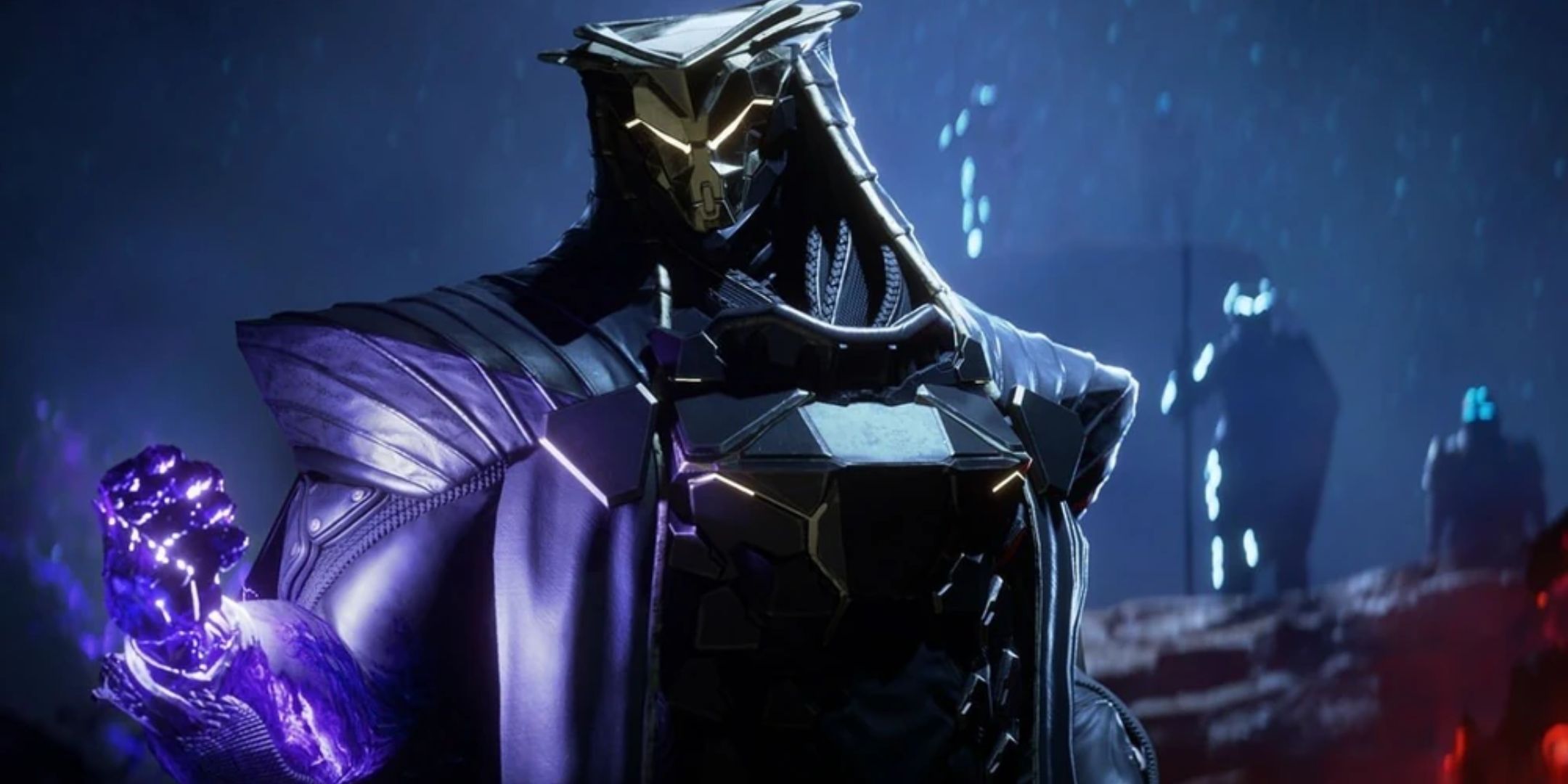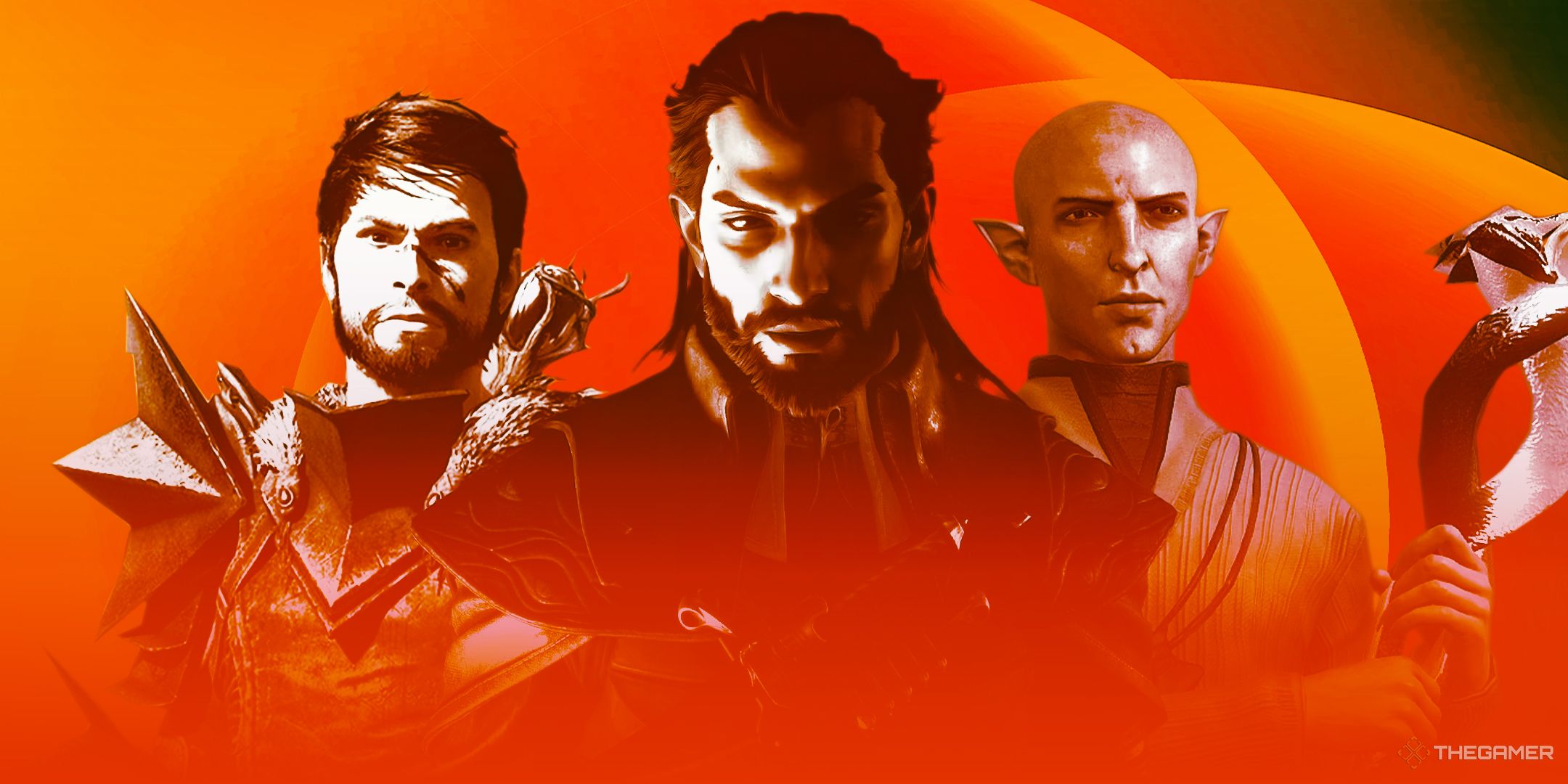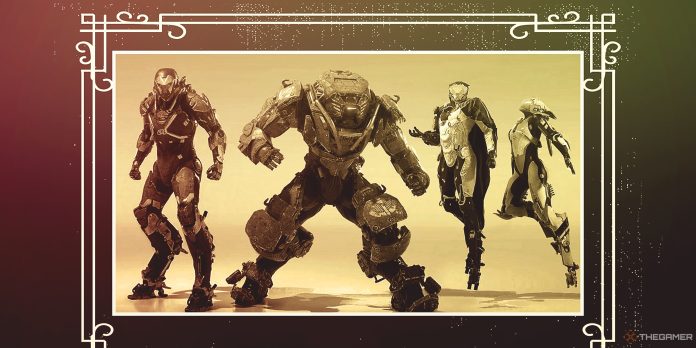At the end of this year, EA will finally delete Anthem from existence. BioWare‘s attempt to take over the live-service genre crashed and burned as quickly as one of its exosuit-clad Freelancers took to the sky, mission after tedious mission.
It’s true, Anthem isn’t a great game, but it is an important one. Its failure saved BioWare from EA’s attempts to morph its acclaimed RPG studio into something more cravenly commercial — though not quickly enough for it to reshape the GaaS foundations of its deeply flawed follow-up Dragon Age: The Veilguard. Anthem was a canary in the coalmine, an indication that games-as-a-service weren’t a surefire path to success and that not every square peg studio could be assigned to a round hole game.

Related
Anthem Shutting Down Is What Will Finally Get Me To Try Anthem
Nothing like a deadline to make me finally try BioWare’s most infamous game.
And in 2026, it will cease to exist. But as a movie fan, seeing an important cultural experience be erased from the history books isn’t new.
The Destruction Of Silent Films

If you’ve ever attempted to get into the work of an old cinematic master, you’ve likely discovered that chunks of their filmography are entirely unwatchable. I don’t mean that they’re bad; I mean they don’t exist. Hitchcock, arguably the most important filmmaker of the 20th century, has three-and-a-half lost films.
Three-and-a-half because only one reel of his two-reel silent film Always Tell Your Wife survives.
If you expand to the films Hitchcock worked on as art director, title designer, or co-director, there are many more missing, and Hitchcock is one of the better-preserved directors from that era. John Ford, another of the century’s defining cinematic artists, has more than 40 films that are entirely or partially lost — almost all of his silent work.
Film was a young medium, and its preservation wasn’t taken seriously. Prior to the rise of home video, there were fewer clear routes to making money from a movie after its initial theatrical release and studios could earn money by recycling the stock. Though we would now view the discovery of a lost Ford or Hitchcock film as incredibly historically significant, at the time, the reels took up valuable space that movie studios needed for newer films and they could make money through their destruction.
Another Young Medium Destroys Its History
Those who don’t understand history are doomed to repeat it, and the games industry is following the same destructive path Hollywood took a century ago. Like silent films, games are a young medium, its preservation isn’t taken seriously, and works of art are getting destroyed because it’s cheaper for studios to delete them than it is to keep them running. Instead of taking up physical space, supporting games is like a publisher renting a digital space, keeping the servers on so a few players can still experience the game or investing the time to either make the game playable offline or provide the code to the players after the publishers have ceased profiting from it.
.jpg)
The financial incentives for the destruction are understandable. The desire to decrease spending and increase profit is never hard to understand. But a century from now, players who are interested in the history of the medium they love will look up the catalog of a significant developer only to discover that some of their games are simply lost to history.
Unless, that is, we change the law. Stop Killing Games, a consumer rights initiative, is currently petitioning the EU to change the law and make it illegal for game companies to permanently make their games unavailable. For those future players, I hope Stop Killing Games succeeds.

Next
“It’s A Sad End, But In My Opinion, At Least We Got One”: What Dragon Age Devs And Creators Have Said About The End Of The Series
The past few months at BioWare have been chaotic, and from the outside, quite confusing. Here is what we can glean from developers and creators.
